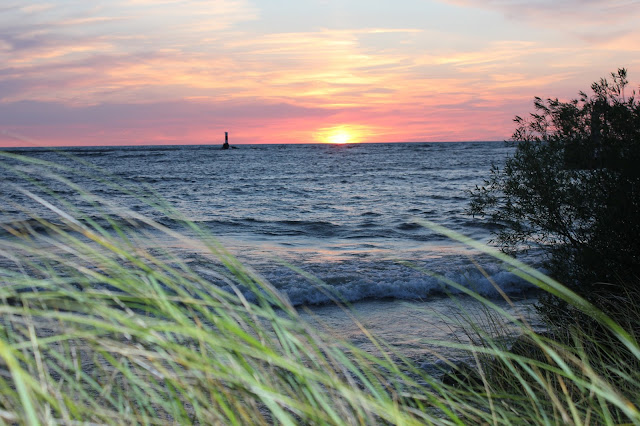How I Filmed the War
By Geoffrey H. Malins
Rating: 6 out of 10 stars
This book is an account of an early cinematographer’s experiences as he filmed important action in World War I. Malins was the official cinematographer for the British government, and he describes life in the trenches, the spirit of the soldiers, especially the British troops, and various other experiences, such as filming from an early airplane over German lines, the visit of the King of England, and the action of the first tanks. He shows the horrible conditions the men fought and lived under, and the devastated condition of the country as it was left behind the German troops.
The early process of “making a film” was also described, and is interesting to read. This was back in the days of silent films; in other words, motion pictures with no sound; and the film was literally cut into pieces for editing.
My Thoughts:
How I Filmed the War is a true and realistic account of life on the front lines during WWI, but it is certainly not a book everyone should read. While it is important to know history, and the sacrifices which were made so that we can be free, as a nation, reading a somewhat detailed account of these hardships and sacrifices can be too much for some people. For my own part, what bothered me most about the book was the callousness of many of the soldiers to taking human life. The jokes of the snipers when they “got their man” are a disgusting look at our fallen nature, and are all the sadder because they are true words spoken in a non-fiction work, and not merely invented from general stories of the war. There is also some very questionable language in it, and more is implied than is written.
Malins also is not writing from a Christian perspective, and somewhat pardonably, views the British as the saviors of the world, as they forced back the German invasion of France.
So, while this book does have a great deal of educational value, as an eyewitness account of one of the worst wars in the history of man, it most certainly has some serious drawbacks, and discretion will be needed in discerning if it should be read, and who should read it.
Links:










